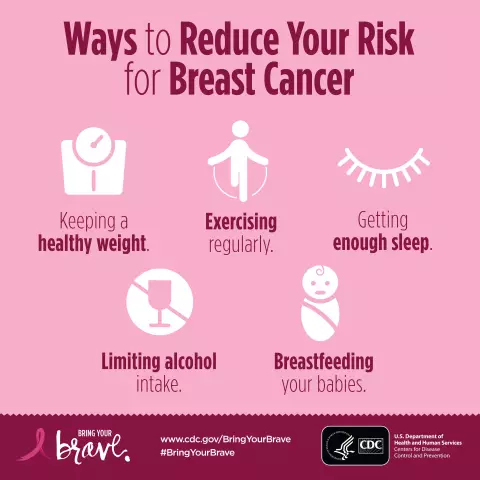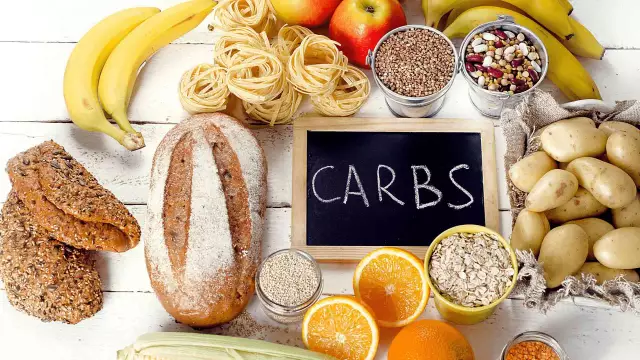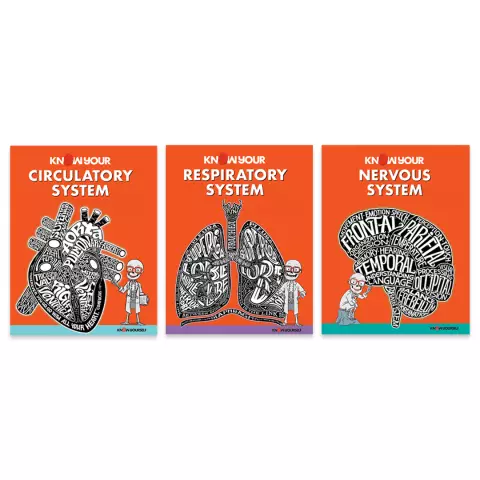- Author Rachel Wainwright wainwright@abchealthonline.com.
- Public 2023-12-15 07:39.
- Last modified 2025-11-02 20:14.
4 types of substances that reduce the body's defenses
The body's ability to withstand unfavorable environmental factors (exposure to changes in temperature, humidity and pressure, attacks of pathogens, etc.) directly depends on what a person eats. The point here is not only that the cells of the body receive the necessary set of nutrients, vitamins and microelements. Scientists have found that the composition of the products also includes components that can adversely affect the immune system, and therefore their use should be limited. We will talk about the main groups of such substances today.
Enzyme inhibitors
These are substances that block the work of enzymes that help to assimilate proteins that enter the body with food. With an excessive consumption of foods that contain inhibitors, the body's defense system suffers, since proteins are the main building material for immune bodies.
Enzyme inhibitors are found in large quantities in the seeds of legumes (beans, peas, soybeans). Moreover, substances of this type are resistant to heating: they are not destroyed even after half an hour of cooking seeds. Other inhibitors that are part of egg white do not have thermal stability, and only lovers of raw eggs can accidentally exceed their normal proportion in the diet.

Source: depositphotos.com
Antivitamins
Substances that reduce the biological activity of vitamins or prevent the body from assimilating them are found in many foods. For instance:
- ascorbate oxidase is an antagonist of vitamin C (ascorbic acid), which is necessary to protect the body from infections. It is found in many fresh fruits, berries and vegetables. It is especially abundant in Brussels sprouts, cucumbers and zucchini. Cabbage and zucchini are usually cooked to a large extent destroying ascorbate oxidase, but cucumbers are usually eaten fresh. Therefore, salad made from raw vegetables (cucumbers, tomatoes, bell peppers, lettuce, green onions, parsley and dill) should be eaten immediately after cooking, otherwise most of the vitamin C in them will be lost
- thiaminase is a thiamine (vitamin B1) antagonist. There is a lot of it in the meat of freshwater fish (especially in carp). During heat treatment, the substance is destroyed, but people who often eat sushi or rolls with raw fish run the risk of getting vitamin deficiency, manifested by malfunctions of the nervous system (neuroses, emotional instability, etc.);
- avidin is a protein that binds biotin (otherwise called vitamin H or B7) in the digestive tract and interferes with its absorption. As a result, a metabolic disorder develops, which is externally manifested by dermatitis, deterioration of hair condition and hair loss. Avidin is found in raw chicken eggs.

Source: depositphotos.com
Some other nutritional characteristics also negatively affect the absorption of vitamins. Thus, excessive consumption of foods containing a lot of vitamin B1 prevents vitamin B6 from entering the tissues, and vitamin B2 deficiency leads to a decrease in the content of ascorbic acid and vitamin B1 in tissues.
Demineralizing factors
A number of substances are capable of forming insoluble compounds with iron, zinc, calcium, manganese and other trace elements necessary for the normal functioning of the body. Demineralizing agents include:
- phytin. Contained in cereals, legumes, potatoes, some types of nuts;
- oxalic acid. It is found in rhubarb, red beet, sorrel and spinach;
- polyphenolic compounds. Found in tea and coffee.

Source: depositphotos.com
Exposure to such substances can be minimized with other food components that reduce harmful chemical activity. For example, increased intake of ascorbic acid prevents the formation of insoluble polyphenol compounds with iron and helps the body absorb this trace element.
Saturated fatty acids
Fatty acids, which are found in large quantities in lamb, pork and beef, various sausages and meat delicacies, do not in themselves have a harmful effect on the state of the immune system. But they are the culprit in the development of pathologies of the cardiovascular system associated with the accumulation of "bad" cholesterol and atherosclerotic processes. Such conditions complicate the work of the heart and lungs, reduce the body's defenses. In order to avoid trouble, experts advise to include in the diet foods with polyunsaturated fatty acids (sea fish, vegetable oils, nuts, olives, etc.).

Source: depositphotos.com
The body's defense system is under constant stress and needs support. For this purpose, you can take medications, use traditional medicine methods and hardening, but the most important and effective measure is diet correction.
YouTube video related to the article:

Maria Kulkes Medical journalist About the author
Education: First Moscow State Medical University named after I. M. Sechenov, specialty "General Medicine".
Found a mistake in the text? Select it and press Ctrl + Enter.






